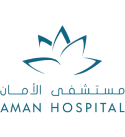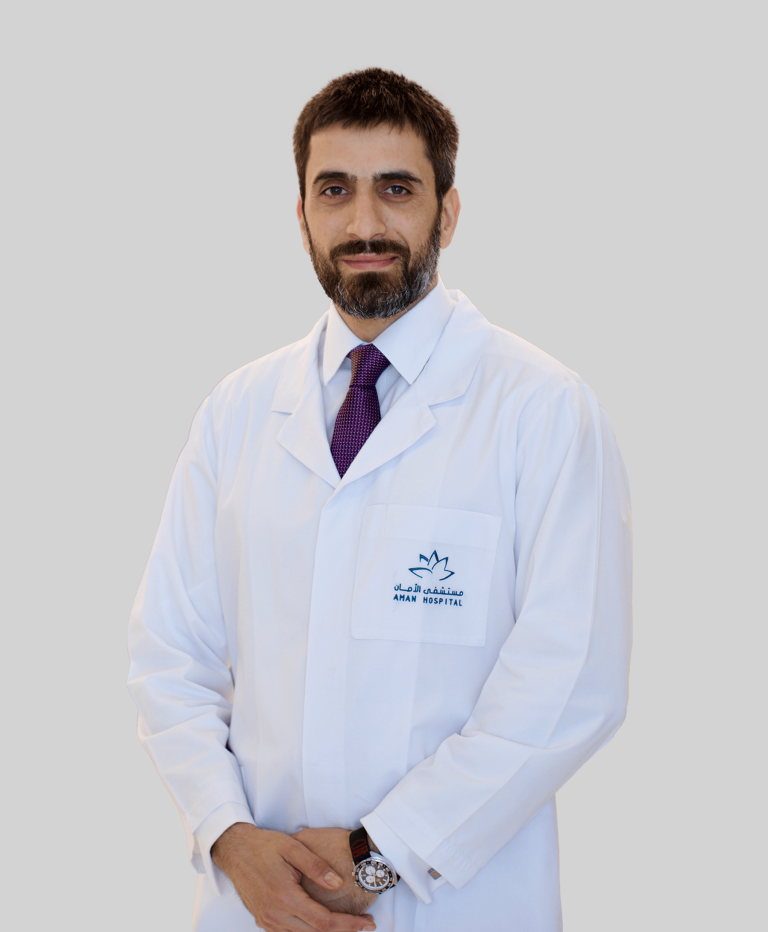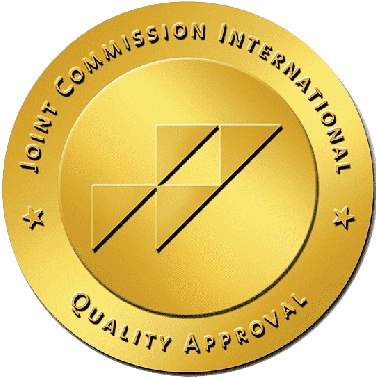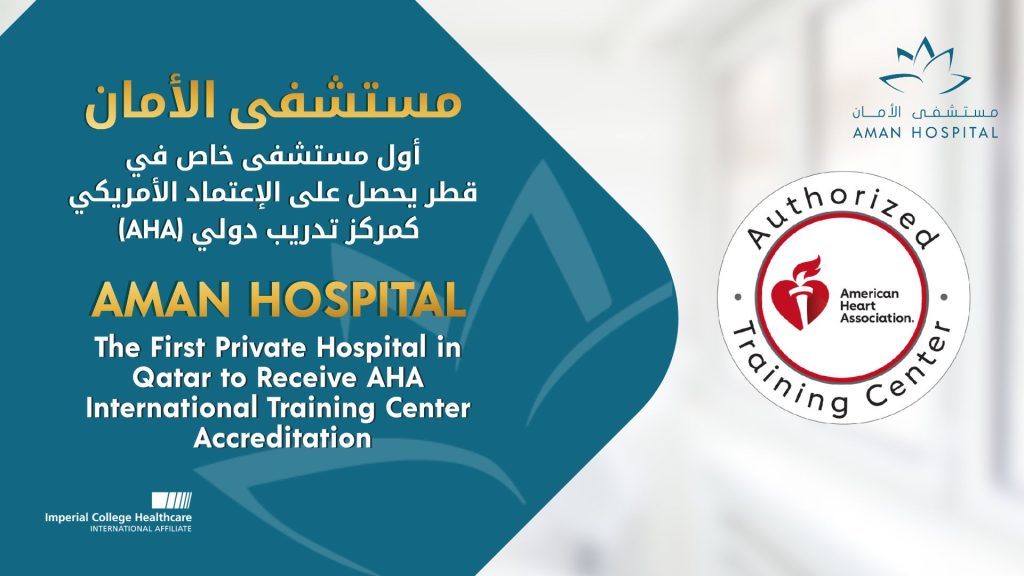Overview
In vitro fertilization (IVF) is a multidimensional series of procedures used to help with fertility or prevent genetic complications and help with the conception of a child.
IVF is the utmost effective form of assisted reproductive technique which uses a couple’s own eggs and sperm. If more than one embryo is transferred to the uterus, IVF can result in a pregnancy with more than one fetus.
Services Provided
During IVF, mature eggs are retrieved from ovaries and fertilized by sperm in a laboratory. The fertilized eggs (embryos) are transferred to a uterus. A full cycle of IVF takes about three weeks. Sometimes these phases are divided into different parts and the process can be longer.
The chances of having a healthy baby using IVF depend on many factors, such as your age and the cause of infertility.
Our doctors are available to help you understand how IVF works, the possible risks and whether this method of treating infertility is right for you.
Fertility preservation is the method of freezing the eggs, sperm, embryos or reproductive tissue so they can be used later to allow you to have a biological child.
Treatments such as chemotherapy and radiotherapy can be harmful to your fertility; therefore, cancer patients, especially if they are children or young adults, are recommended to consider cryopreservation of their gametes, if they are planning to conceive in the future.
As late childbearing is becoming more common, age is also one of the reasons for women to choose egg freezing and preserve their reproductive potential for future. A woman has around a million eggs at birth but only a few hundreds of those eggs may be used during her reproductive years.
Female fertility drops sharply after the mid-30s and quality of eggs is reduced with age.
Embryo freezing is a technique that allows people to store embryos for later use. An embryo forms after fertilization and after the cells start to divide. Successful fertilization often results in more than one embryo. The doctor transfers the embryo(s) to the womb, or uterus. and can freeze and reserve the lasting embryos for future treatments. A person can also freeze eggs, which are not fertilized.
Oocyte freezing is a process of preserving unfertilized, viable eggs to preserve female reproductive potentials for future use. The whole process begins with producing eggs from the ovary through hormonal stimulation and transvaginal retrieval followed by freezing.
The process concludes with keeping the viable eggs in the medical laboratory. These frozen eggs are later used for in-vitro fertilization under medical supervision. In this process, post-thaw survived eggs are combined with sperm and then implanted into the uterus to support conceiving.
A frozen embryo transfer (FET) is a type of IVF treatment where a cryopreserved embryo created in a full IVF cycle is thawed (warmed) and transferred to a uterus. FET naturally uses “extra” embryos a couple has from a previous fresh IVF cycle.
A hysterosalpingogram or HSG is an x-ray technique used to detect whether the fallopian tubes are patent (open) and if the inside of the uterus (uterine cavity) is normal. It is an outpatient procedure that is generally performed after the menstrual period ends.
Intrauterine insemination (IUI) is a type of artificial insemination for treating infertility.
Sperm that have been prepared and concentrated are placed directly in the uterus around the time the ovary releases one or more eggs to be fertilized.
The hoped-for effect of intrauterine insemination is for the sperm to swim into the fallopian tube and fertilize a waiting egg, resulting in pregnancy. Depending on the reasons for infertility, IUI can be harmonized with your normal cycle or with fertility medications.
Intracytoplasmic sperm injection or ICSI – often referred to as micromanipulation – is a revolutionary assisted reproduction technique used to treat male factor infertility. ICSI is used in conjunction with in vitro fertilization (IVF), meaning the eggs are mixed with sperm outside the body.
The procedure starts with retrieving eggs from the woman, then injecting a single sperm directly into each egg to achieve fertilization. The eggs are injected using specially designed microscopes, needles and micromanipulation equipment, in a very delicate procedure. The process is repeated for each egg. The eggs are then examined for signs of fertilization so they may be transferred into the uterus.
Testicular sperm extraction (TESE) is the surgical procedure of removing a small portion of tissue from the testicle and extracting any viable sperm cells from that tissue for use in further procedures, most commonly intracytoplasmic sperm injection (ICSI) as part of in vitro fertilization (IVF).
PESA (percutaneous epididymal sperm aspiration) and TESA (Testicular Sperm Aspiration) are the two methods used for surgical sperm aspiration. Surgical sperm aspiration is a treatment that is recommended for men with azoospermia. Azoospermia is the condition of the complete absence of any sperm in a man’s semen.
Is a treatment for anovulation (irregular ovulation), an infertility condition in which follicles in a woman’s ovary do not mature and release eggs (ovulate). Anovulation can be caused by certain reproductive disorders such as polycystic ovary syndrome (PCOS), nutritional problems or excessive exercise.
Preimplantation genetic diagnosis (PGD) enables genetic diagnosis of embryos derived from in vitro fertilization (IVF), with the purpose of avoiding the transmission of genetic diseases to offspring. PGD represents an alternative to prenatal diagnosis and termination of pregnancy in couples at risk for transmitting these disorders.
Reproductive endocrinology describes the hormones and control mechanisms that regulate sexual development, sexual function, and reproduction.
Laparoscopic & Hysteroscopic Surgery is a (minimally invasive surgery) is a modern form of surgery that is performed through small cuts on the abdomen or through the cervix.
Disorders of sexual development (DSDs) are a group of disorders in which there is discordance between anatomic or hormonal sex and sex chromosome complement. These disorders can present with ambiguity in the newborn period and require prompt evaluation to determine the underlying cause for treatment and appropriate sex assignment of the infant. Reproductive medicine specialists will work with a multidisciplinary team for the diagnostic evaluation and management of patients with DSDs.
Congenital Mullerian anomalies range from uterine and vaginal lack of development to duplication of the uterus and vagina, and also include minor uterine cavity abnormalities somewhere in the range. These are congenital anomalies that result from arrested development, abnormal formation, or incomplete fusion of reproductive tissue during the fetal life.
Endometriosis is an often painful disorder in which tissue that normally lines the inside of your uterus grows outside the uterus. Endometriosis most commonly involves your ovaries, fallopian tubes and the tissue lining your pelvis. Rarely, endometrial-like tissue may be found beyond the area where pelvic organs are located.
When endometriosis involves the ovaries, cysts called endometriomas may form. Surrounding tissue can become irritated, eventually developing scar tissue and adhesions bands of fibrous tissue that can cause pelvic tissues and organs to stick to each other.
Endometriosis can cause pain sometimes severe especially during menstrual periods. Fertility problems also may develop. Fortunately, effective treatments are available.
Recurrent pregnancy loss is classically defined as the occurrence of three or more consecutive pregnancy losses; however, in reproductive medicine practice, it can be defined as recurrent pregnancy loss of two or more pregnancies.
Uterine fibroids are noncancerous growths of the uterus that often appear during reproductive age. Also called leiomyomas or myomas, uterine fibroids aren’t associated with an increased risk of uterine cancer and almost never develop into cancer.
Fibroids range in size from seedlings, undetectable by the human eye, to bulky masses that can distort and enlarge the uterus. You can have a single fibroid or multiple ones. In extreme cases, multiple fibroids can expand the uterus so much that it reaches the rib cage and can add weight.
Many women can develop uterine fibroids during their lives. But you might not know you have uterine fibroids because they often cause no symptoms. Your doctor may discover fibroids incidentally during a pelvic examination or ultrasound.
Primary ovarian insufficiency occurs when the ovaries stop functioning as they should before age 40. When this happens, your ovaries don’t produce typical amounts of the hormone estrogen or release eggs regularly. This condition is also called premature ovarian failure and often leads to infertility.
Primary ovarian insufficiency is sometimes confused with premature menopause, but these conditions aren’t the same. Women with primary ovarian insufficiency can have irregular or occasional periods for years and might even get pregnant. But women with premature menopause stop having periods and can’t become pregnant.
Restoring estrogen levels in women with primary ovarian insufficiency helps prevent some complications that occur as a result of low estrogen, such as osteoporosis.
Meet The Doctors
Articles
FAQ
- Qatar ID / valid passport
- Insurance card
- Laboratory studies (in case available)
For insurance and price inquiries, please contact our call center at +974 4400 4400 between 8 am to 10 pm.
The IVF Clinic at Aman Hospital is located at the following address: ground floor, outpatient 2.
We recommend you allow enough time to park to ensure you arrive on time. Please plan to arrive 30 minutes prior to your appointment time. Our valet parking is here to assist you and take your car from you and park it safely in our underground parking.
Always feel free to bring someone with you to your appointments. A family member or friend can help ask questions, remember the information your care team gives you, and provide support.
Please call our call center at +974 4400 4400. They are available from Saturday to Thursday from 8 am to 10 pm to help you reschedule or cancel your appointment.
Our Support Services
- Specialized physical therapist who helps you to improve your joint pain and muscles strength, informs you on the proper ergonomic postures to prevent back pain, and customizes a targeted program that fits your health status. For any inquiry, please contact +974 4400 4400.
- Dietary services will guide you and your family regarding healthier food choices in case of dyslipidemia, diabetes, obesity and hyperuricemia. For any inquiry, please contact +974 4400 4400.
- Pharmaceutical services will guide you regarding your medications and/or biologic treatments: administration mode, timing, side effects, management in case of infection and address any question that may arise. For any inquiry, please contact +974 4400 4400.
- Nursing services for patient education who will provide you with all the information about your disease and treatment and answer your questions. For any inquiry, please contact +974 4400 4400.
- Healthcare practitioner who will coordinate all your appointments and make sure to schedule the appointments at your convenience. For any inquiry, please contact +974 4400 4400.
- Financial team who is here to secure your insurance approvals on time and assist you with any financial inquiries. For any inquiry, please contact +974 4400 4400.







